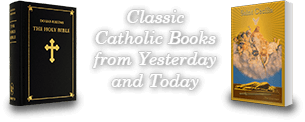Cart is empty
Categories
Information
E-Books
Our Ebook offerings will be growing each month. All newly released books will be available as Ebooks right away and our older titles will be made available at the rate of a few titles each month. Keep checking back regularly. Thanks for your patience!


